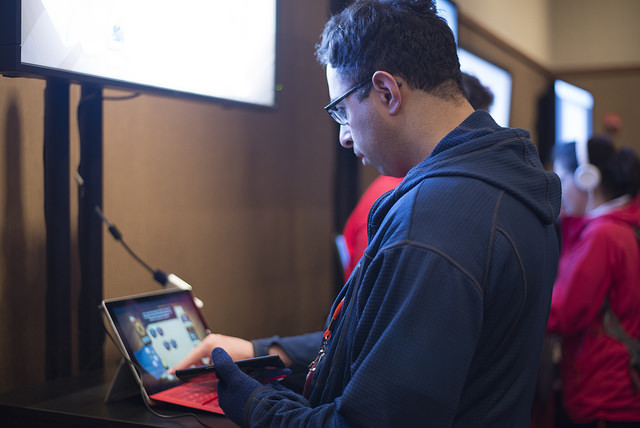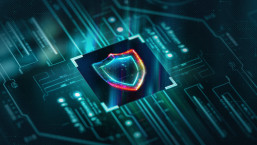Do you remember the time when “video game” referred to a simple platform in which we could only move within the same screen? Everything was there, at our sight, and we couldn’t pass through the limits.
Nowadays, things are very different because video games are actual stories that we are part of. We get involved with their characters and make them alive. The limits of the screen aren’t a barrier anymore and, being such an important part of our lives, games started to be profitable not only for developing companies but (sadly) also for cybercriminals.
Despite the potential risks and threats that gamers face, and the existence of malicious software in their universe, it is still possible to enjoy video games without feeling vulnerable. By applying practical security measures that will keep us safe, we can continue to take pleasure from this activity.
Here are eight top tips to invest in.
- Don’t turn off your security software
This is still commonplace among gamers who want to optimize their computer’s resources or boost performance, but it’s no good: it could expose you to an infection.
Keyloggers, exploits or malware that could make your computer part of a botnet are equally real in "gamer world" as they are in any other online activity, and that’s why you need your security software to be working properly to proactively detect every possible risk. That doesn’t mean you have to forget about speed and fully functional gaming, because products with gamer mode don’t cause interruptions or lag problems.
- Download only legal games from official repositories
There will always be fake cracks of popular and expected games. If you’re anxious enough to download them, you will probably be disappointed for not getting that game you wanted and, to make matters worse, you could end up being the victim of malware that will try to steal your information or credit card details.
Official virtual stores, on the other hand, offer guarantees when you make a purchase. But if you go for a “pirate” version, you may end up losing more money than you would have spent buying the original from the beginning.
- Pay attention to what information you share in forums
We know gamer communities are the perfect place to make new friends, arrange a team, find new tactics or even look for cheats, but many cybercriminals target these forums to obtain big lists of users and passwords.
So if you’re going to join a forum, do not publish your actual personal details or credentials; it’s not a good idea to create a profile that reflects your true identity.
Remember, many scammers will pretend to be senior players that are all too willing to help you and will ask for your data and login details in order to do that. Don’t give your information away!
- Beware: social engineering is also a thing here
We’ve found phishing campaigns using the names of famous games and companies, or even fake offers of values in sites like Steam’s Marketplace.
Scams generally try to steal login credentials, so remember to access from the official site and never give away your password in a form you were redirected to from an email that could look suspicious.
- Use strong passwords different to each platform
Since they are the entrance to accounts thad hold sensitive information and personal data, passwords need all your best efforts: learn how to create a strong one and make sure it’s different from the one you use to login to the game – you can even use a totally different account.
Sadly, many users keep reusing them and choosing poor or predictable combinations. To avoid worries like “I can’t possibly remember all these complex passwords”, you can use a password manager.
- Activate 2FA in gaming services
After so many big online gaming hacks, companies realized it was about time they offered two -actor authentication to their users. This technique helps preventing information stealing, since it makes harder accessing accounts and guarantees protection in case a password is stolen.
If you want to know more, learn what two-factor authentication is and why do you need it.
- Logout after using services like Origin or Steam
If you’re invited to play with a bunch of competitors, use an open network or an unknown PC, make sure you logout so that you’re account and accomplishments are not stolen and nobody makes purchases on your behalf.
In the event that someone gains access to your session, apart from playing with your character, they will get to see you data, so you have to protect your details. It’s bad enough that an impostor finishes the game you were playing, but imagine if they steal your credit card details!
- Be careful who you become friends with
Bitcoin stealers, gold farmers, trolls or simply cybercriminals are characters you might want to avoid, so be cautious when you interact online and try not to give many details of your identity. The truth is you never know who’s on the other side, and even a member of your team may not be who they claim to be; they can only be there to spread malware or lure victims into clicking malicious URLs.
However, you don’t have to be one of those victims. Follow these tips and play with no worries – except being the best.
Author: Sabrina Pagnotta






